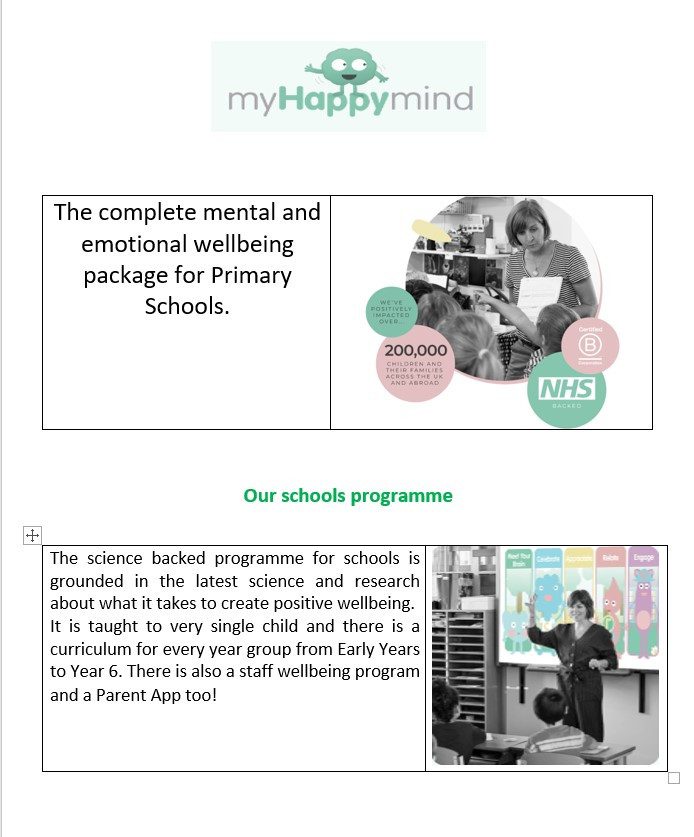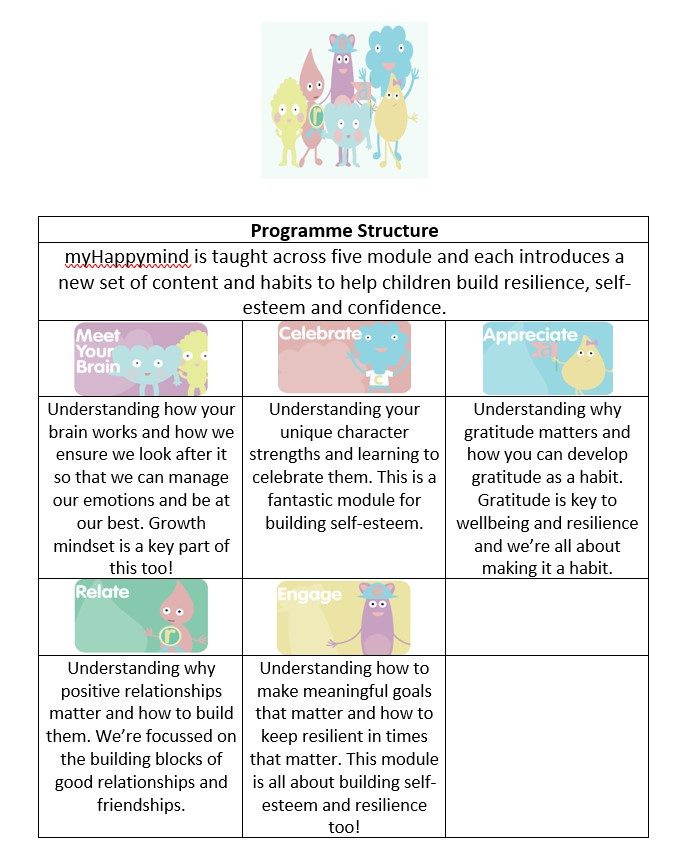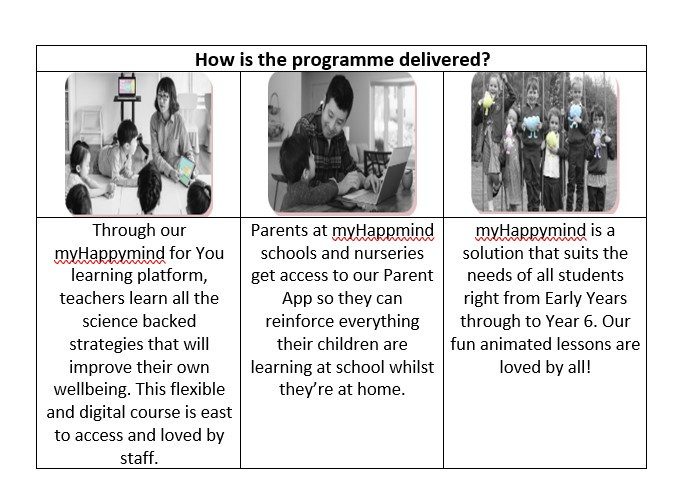Children’s Mental Health
“Mental health is a state of wellbeing in which every individual realises his or her own potential, can cope with the normal stresses of life, can work productively and fruitfully, and is able to make a contribution to her or his community.” (World Health Organization)
At St Mary’s RC Primary school, we aim to promote positive mental health for every member of our staff and student body. We pursue this aim using both universal, whole school approaches and specialised, targeted approaches aimed at vulnerable students.
In addition to promoting positive mental health, we aim to recognise and respond to mental ill health. In an average classroom, three children will be suffering from a diagnosable mental health issue. By developing and implementing practical, relevant and effective mental health policies and procedures, we can promote a safe and stable environment for students affected both directly and indirectly by mental ill health.





